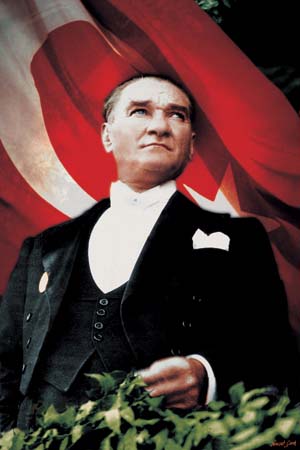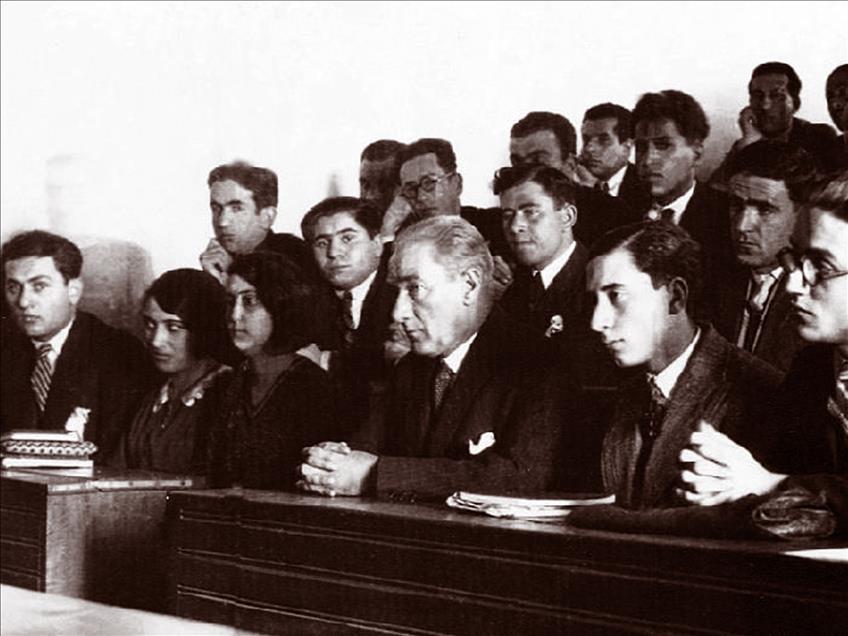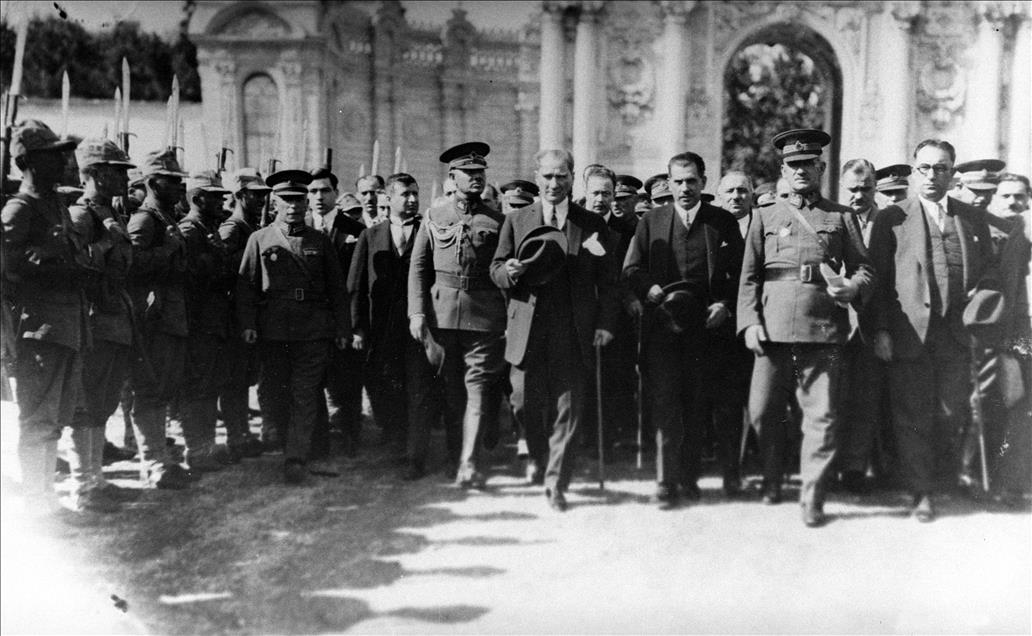Mustafa Kemal Atatürk: The Architect of Modern Turkey
The Importance of Mustafa Kemal Atatürk for Turkey
Mustafa Kemal Atatürk stands as a monumental figure in the annals of Turkish history, embodying the essence of revolutionary leadership and visionary statesmanship. His unparalleled commitment and indefatigable efforts towards the founding of the Republic of Turkey mark a watershed in the nation's journey, propelling it towards modernity, secularism, and prosperity.
Early Life and Military Achievements
Atatürk's early life, marked by rigorous military training and distinguished service, laid the groundwork for his future role as the founder and first President of Turkey. His leadership in the Gallipoli campaign during World War I, defending the homeland against formidable odds, earned him national hero status.
Vision for a New Turkey
At the heart of Atatürk's vision was a profound commitment to transforming Turkey into a sovereign, secular, and democratic nation-state. He sought to replace the Ottoman Empire's theocratic and monarchical system with a republic grounded in the principles of popular sovereignty and secular governance.
Revolutionary Reforms

Establishing the Republic
The proclamation of the Republic in 1923 marked the culmination of Atatürk's efforts to dismantle the Ottoman legacy and set the stage for a radical overhaul of Turkish society, politics, and economy.
Secular Reforms
Atatürk's secular reforms, including the abolition of the Caliphate, the closure of religious schools, and the adoption of a secular legal code, were revolutionary. These measures were aimed at severing the ties between religion and state affairs, ensuring the neutrality of the state in matters of faith, and promoting a secular public life.
Cultural and Educational Transformation
Under Atatürk's leadership, Turkey underwent a profound cultural transformation. The adoption of the Latin alphabet, the promotion of education, and the encouragement of science and arts were aimed at integrating Turkey with the Western world and fostering a progressive, enlightened society.
Economic Modernization
Atatürk's economic policies focused on state-led industrialization, the development of agriculture, and the establishment of infrastructure projects. These initiatives were critical in laying the foundations for Turkey's economic development and modernization.
Women's Rights and Social Reforms
A pivotal aspect of Atatürk's reforms was the emancipation of women. The granting of equal civil and political rights, including the right to vote and stand for election, was a groundbreaking step towards gender equality and women's empowerment in Turkey.
Legacy and Continuing Influence
Atatürk's legacy transcends the mere establishment of a nation-state. It embodies the ideals of modernity, secularism, and progressiveness that continue to inspire Turkey and the world. His visionary leadership and reformist zeal have left an indelible mark on the fabric of Turkish society, ensuring his place as a timeless figure in the nation's history.

FAQs
What were Mustafa Kemal Atatürk's most significant contributions to Turkey?
Atatürk's most significant contributions include the founding of the Republic of Turkey, the implementation of sweeping secular and educational reforms, the promotion of women's rights, and the establishment of a modern, progressive state.
How did Atatürk transform the education system in Turkey?
Atatürk transformed the education system by secularizing schools, introducing co-education, adopting the Latin alphabet, and establishing a national, unified, and modern education system accessible to all citizens.
Why is Atatürk considered the father of modern Turkey?
Atatürk is considered the father of modern Turkey because of his pivotal role in establishing the Republic, implementing far-reaching reforms that modernized Turkish society, and laying the foundations for a democratic, secular, and progressive nation.
How did Atatürk's reforms impact women's rights in Turkey?
Atatürk's reforms had a profound impact on women's rights, granting them equal civil and political rights, including the right to vote and stand for election, thus significantly advancing gender equality and women's empowerment in Turkey.
Can Atatürk's vision for Turkey serve as a model for other countries?
Atatürk's vision for Turkey, characterized by secularism, democracy, and modernization, can indeed serve as a model for other countries seeking to balance tradition with modernity and to promote inclusive, progressive, and enlightened governance.
Conclusion
Mustafa Kemal Atatürk's visionary leadership and revolutionary reforms have irrevocably transformed Turkey, steering it towards modernity, democracy, and secularism. His legacy continues to inspire and guide Turkey as it navigates the challenges and opportunities of the 21st century, remaining a beacon of progressiveness, enlightenment, and reform in the region and beyond. Atatürk's life and achievements exemplify the power of visionary leadership to effect profound change and leave a lasting impact on the course of a nation's history.
Suggested Inbound Links: [History of the Turkish Republic], [Biography of Mustafa Kemal Atatürk]
Suggested Outbound Links: [UNESCO page on Atatürk's reforms],








